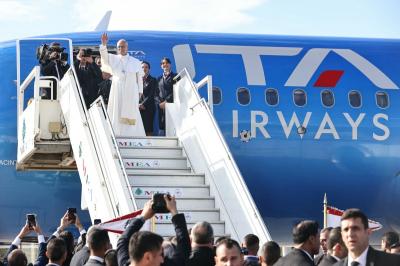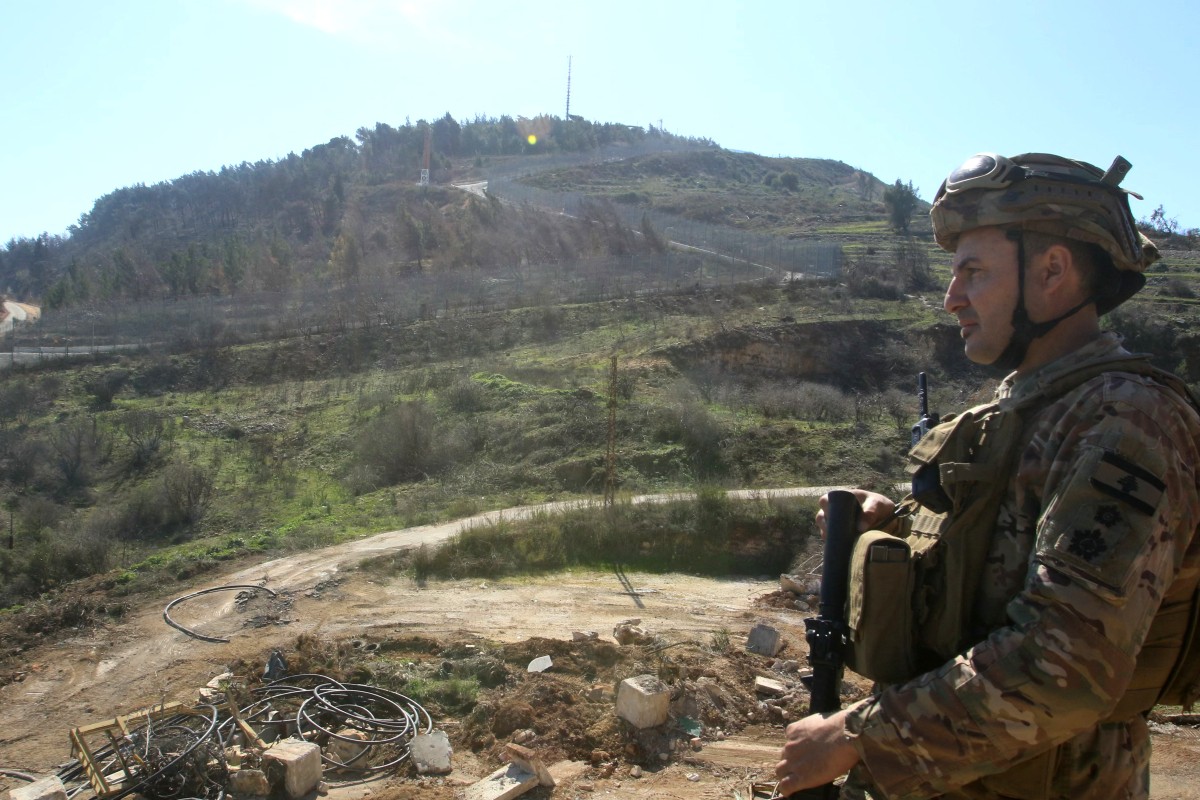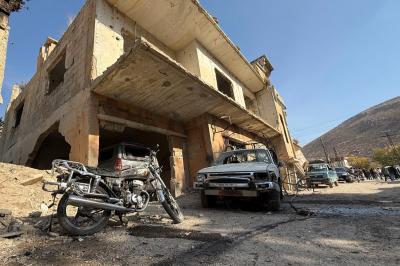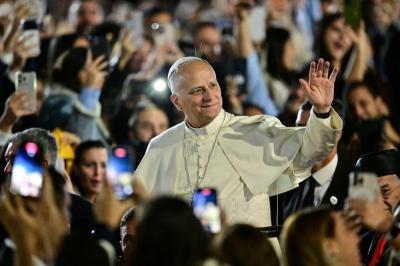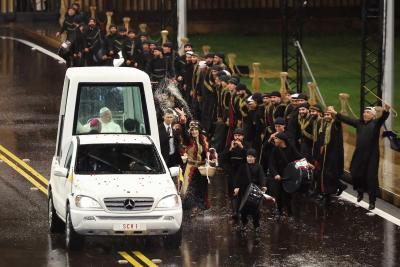No country can achieve stability and prosperity while trapped in denial and hypocrisy, refusing to confront its internal divisions or openly discuss controversial issues. This is the reality of Lebanon, where its people have yet to agree on a single history textbook and where the ruling system approaches the concept of occupation with a troubling double standard — treating some as “worthy” and others as disposable.
While Israel’s breach of Lebanese sovereignty and its military presence were labeled an “occupation,” the deployment of 40,000 Syrian troops in Lebanon — who dominated the political scene, controlled the economy, seized national resources, and enforced a tight security grip — was framed as “cooperation,” “coordination,” and even “brotherhood.” This, even though, as the pre-Islamic poet Tarafa ibn al-Abd once said, “Injustice from next of kin is even bitter than the strike of a sharpened sword.”
This duplicity extended to the treatment of former detainees: those released from Israeli prisons were celebrated and compensated, while their fellow Lebanese, once held in Syrian prisons, were ignored, marginalized, and made to feel like national pariahs. The disparity only deepened a collective sense of injustice among a segment of the Lebanese population, while emboldening another with a surplus of power. The rift widened further after the 1990s, following the effective dismantling of the Taif Agreement.
Under Law No. 364 (dated August 16, 2001), the Lebanese government granted monetary compensation or pensions to those released from Israeli prisons — up to 2.5 million Lebanese pounds (roughly $1,666 at the time) for those imprisoned less than a year, and 5 million pounds (around $3,333) for each year of detention beyond that. Prisoners held for more than three years were given the choice between a lump sum or a monthly pension of 400,000 pounds (about $266), with additional benefits for injured former detainees or families of those who died in captivity. These individuals were treated as national heroes, often welcomed with official ceremonies and public honors.
In contrast, those released from Syrian prisons received no recognition, no compensation, and no legal or financial rights. The Lebanese authorities of the time actively disassociated themselves from these individuals, treating them as though they carried some kind of "national leprosy."
May 25, 2000 — the day Israeli troops withdrew from South Lebanon — was declared an official national holiday, with patriotic celebrations and school curricula designed around it. Yet, under pressure from the “March 8th” camp and its “Thank You Syria” narrative — and due to the hesitation of parts of the “March 14th” coalition — the Lebanese state has never recognized April 26, 2005, the date of the Syrian army’s withdrawal, as a national holiday. Nor have former Syrian detainees received the same acknowledgment or rights as those who returned from Israeli captivity.
But fundamentally, how can a country truly celebrate the No-liberation day while both Hezbollah and the Lebanese state maintain that the Shebaa Farms and the village of Ghajar remain under Israeli occupation?
How can such a holiday be meaningful when many Lebanese prisoners remained in Israeli custody until the 2008 prisoner exchange, which freed Samir Kuntar and others, and retrieved the remains of Lebanese fighters killed in the 2006 war?
Today, as Lebanon marks what its government officially calls “Liberation Day,” five Lebanese hills remain under occupation, and air raids and assassinations have become almost daily occurrences. So, what kind of “liberation” are we really celebrating?
Perhaps it is time to stop celebrating of the No-liberation day until full liberation is achieved, beginning with a clear resolution on whether the Shebaa Farms are Lebanese, especially since France handed over maps to Lebanon’s foreign minister, Youssef Raji, that could help determine the territory’s status.
More importantly, it is time for Lebanon’s new leadership, where previous administrations have faltered, to end this double standard. The country must recognize April 26 as the day Lebanon was freed from Syrian occupation, just as it honors May 25. Only then can there be equal treatment of Lebanese citizens, whether they suffered in Israeli or Syrian prisons.
And why stop there? Why not unify the country’s various moments of liberation — from the end of the French Mandate in 1943, to the withdrawal of Israeli and Syrian forces, to the removal of any unauthorized military presence, be it Palestinian factions or Iranian Revolutionary Guard officers?
Such a day could become a truly national occasion — a collective memory cleansed and healed, a day that honors all who have sacrificed for Lebanon’s freedom, whether from a foe, a “brother,” or a so-called friend.
Please post your comments on:
comment@alsafanews.com
 Politics
Politics
